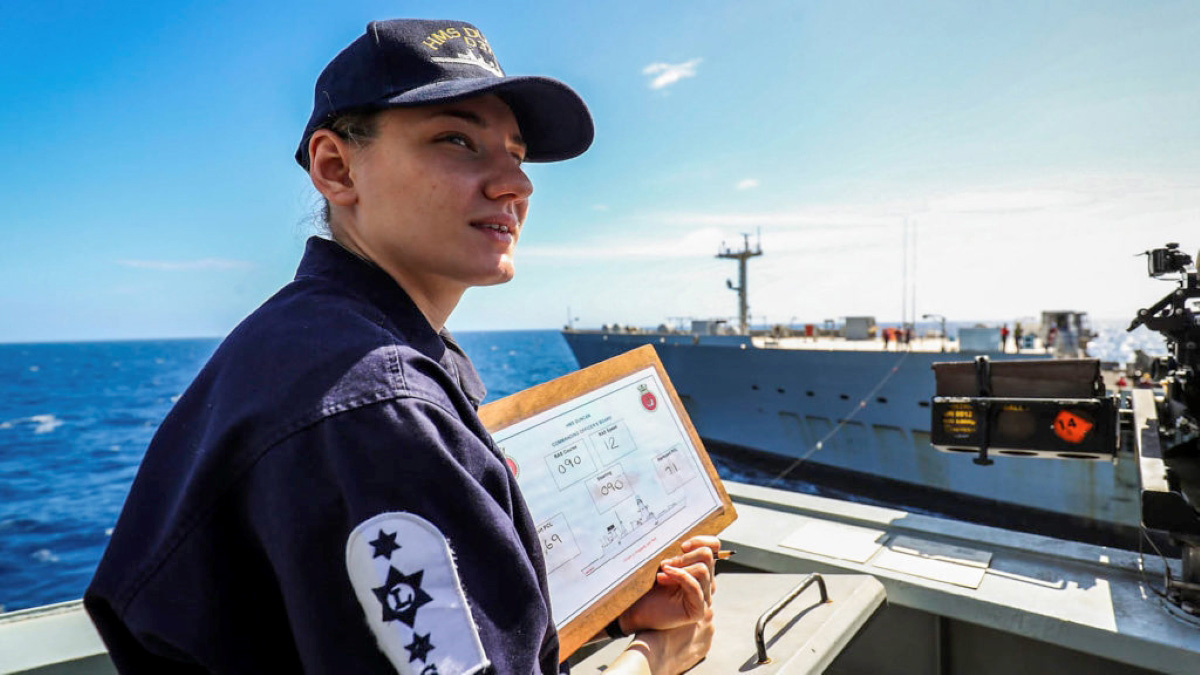The report considers the costs and trade-related implications of maritime piracy and takes stock of regulatory and other initiatives pursued by the international community in an effort to combat piracy.

Part I of the report presents overall trends in maritime piracy and related crimes, and highlights some of the key issues at stake by focusing on its costs and broader trade-related implications.
Part II of the report provides an overview of the contemporary international legal regime for countering piracy and identifies key examples of international cooperation and multilateral initiatives to combat the phenomenon.
The importance of oceans and seas for trade-led economic prosperity has increased in tandem with growth in the world economy, global merchandise trade and maritime transport activity. However, increased international trade volumes and value have also heightened the exposure and vulnerability of international shipping as a potential target for piracy, armed robbery and other crimes.
During the past decade, which has seen a dramatic rise in maritime piracy in East African waters and pirates becoming more sophisticated, violent and resilient, the issue has considerably increased in importance and emerged as a transnational humanitarian, economic and security challenge.
While intensified international counter-piracy efforts have since contributed to a reduction in the number of incidents in the region, this positive trend remains fragile and could be undermined and reversed unexpectedly. In addition, with a surge in piracy observed in the Gulf of Guinea, West African waters are also emerging as a dangerous hotspot for piracy.
Given the issues at stake and the broad range of costs and trade-related implications of maritime piracy at both the regional and the global level, sustained long-term efforts to combat and repress piracy clearly remain a matter of strategic importance. While progress will ultimately also depend on the economic situation and on political ?stability ?in affected regions, addressing the challenge of piracy in an effective manner requires strong cooperation at the ?political, economic, legal, diplomatic and military levels, as well as collaboration between diverse public and private sector stakeholders across regions.
As part of its mandate on trade logistics, UNCTAD carries out substantive research and analysis on a wide range of legal and policy issues affecting transport and trade, and disseminates information on recent developments including in the field of maritime and supply-chain security, and maritime piracy.


